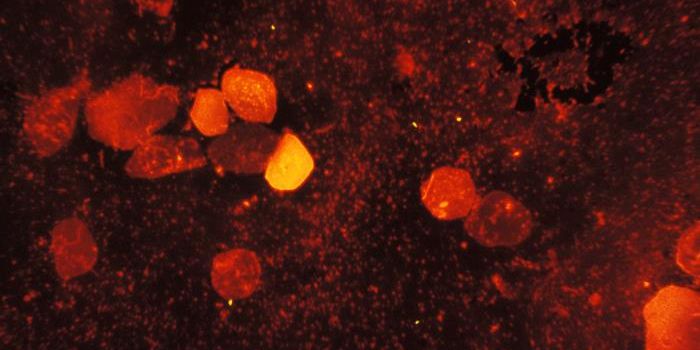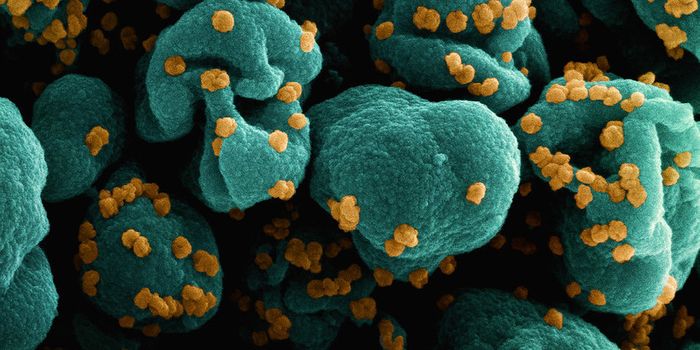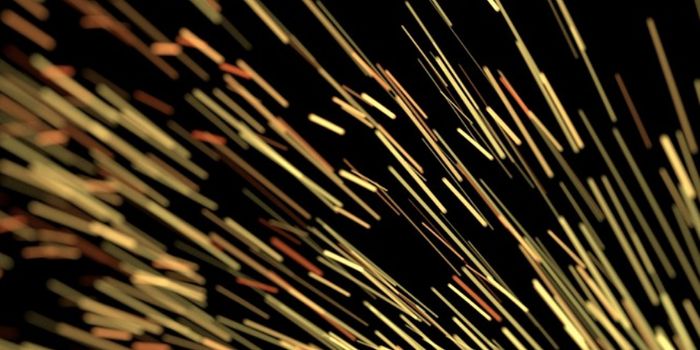Researchers Use Single-Cell Sequencing to Unravel the Origins of a Rare Cancer-Like Disorder that Affects Children
Langerhans cell histiocytosis (LCH), a rare disorder that primarily affects the immune system, mainly affects children and is commonly described as cancer-like. It is characterized by the abnormal accumulation of Langerhans cells, which are a type of immune cell found in the skin, lymph nodes, and other organs. In LCH, these cells multiply excessively and form clusters called granulomas, which can damage tissues and organs.
LCH can affect people of any age, but it is most commonly diagnosed in children under the age of ten. It can affect a single organ, multiple organs, or the entire body. Symptoms of LCH can vary widely depending on the location and severity of the granulomas. They may include skin rashes, bone pain, fever, fatigue, and organ damage. In severe cases, LCH can cause life-threatening complications, such as organ failure or bleeding disorders.
Treatment for LCH typically involves medications to suppress the immune system and reduce the production of Langerhans cells. In severe cases, other treatments, such as chemotherapy or radiation therapy, may be necessary. The outlook for people with LCH depends on the severity of the disease and the effectiveness of treatment. In some cases, LCH can go into remission and may not recur, while in other cases, it may require ongoing treatment to prevent relapse.
Until now, the origins of LCH have been under debate. Egle Kvedaraite, a doctor and researcher at the Department of Medical Biochemistry and Biophysics at Karolinska Institutet, says that “some researchers are convinced that LCH is derived from a certain type of immune cell called dendritic cells, while others believe that they come from related cells called monocytes.”
New research from Karolinska Institutet, the Singapore Immunology Network, and Newcastle University uses single-cell sequencing to understand the origin of LCH. Their research shows that mutated LCH cells have properties similar to monocytes and dendritic cells.
This new understanding of this disease has the potential to contribute to the development of new targeted treatments. Kvedaraite adds that “the findings could lead to a treatment aimed at eliminating the pathological cells.”
Sources: National Cancer Institute, Science Immunology








